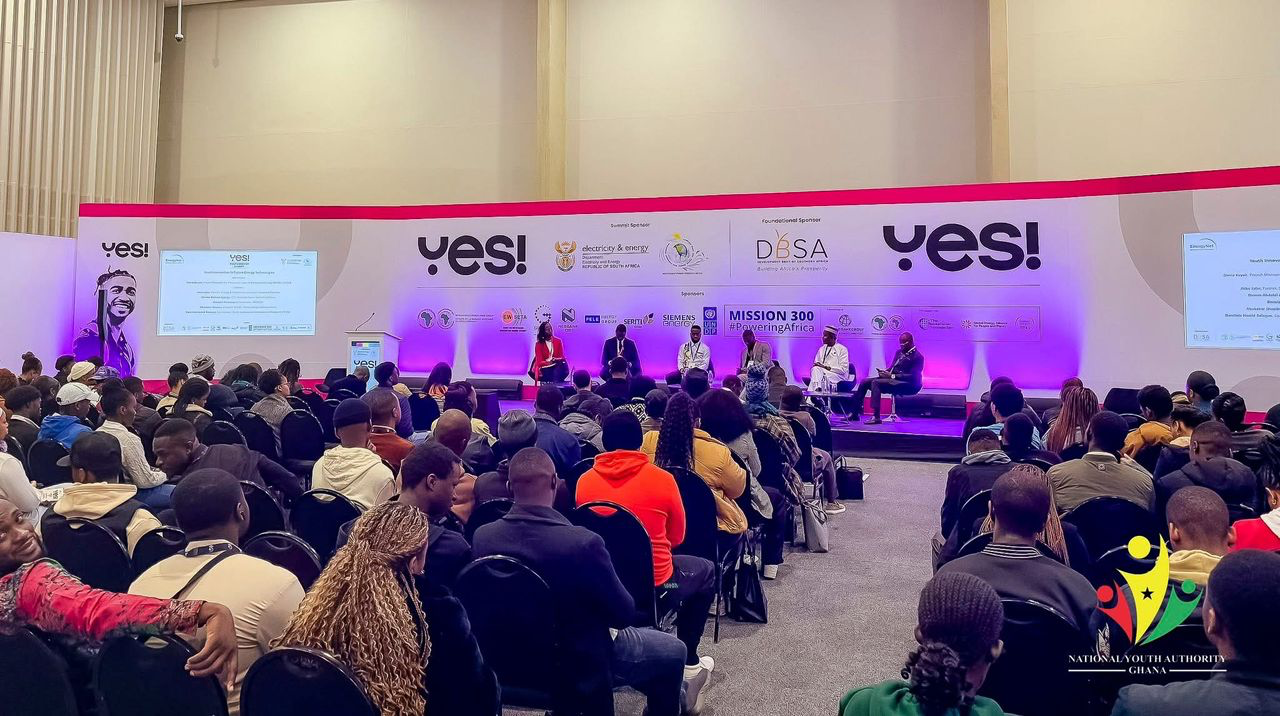Democracy in the boardroom: Building cultures where every voice matters
In the private sector, where strategic decisions affect economies, shape culture, and touch millions of lives, the boardroom is the new frontier for democratic transformation. Yet many organizations in Nigeria, and indeed across Africa, continue to operate like authoritarian regimes. Ideas flow downward. Dissent is punished. Diversity is performative. And silence is often mistaken for consensus.
It is time we recognized a powerful truth: If democracy is absent in our boardrooms, it cannot thrive in our society.
This week, we are discussing a marketplace manifesto. A wake-up call. A challenge to founders, executives, investors, entrepreneurs, and employees: If you want a stronger Nigeria, start by building organizations where every voice matters.
Why Democracy Belongs in Business
When we think of democracy, we often envision political rights, freedom of expression, voting, and checks on power. But these principles are just as crucial in the workplace, where most adults spend the majority of their waking lives.
A democratic culture in the boardroom is not about everyone voting on every decision. It is about building organizations where:
• People feel safe to speak truth to power
• Dissent is protected, not punished
• Ideas compete on merit, not hierarchy
• Diversity includes decision-making, not just decoration
Why does this matter? Because companies that democratize ideas outperform those that centralize power. According to McKinsey’s 2023 report on Organizational Agility, companies with “distributed decision-making models” are 2.5 times more likely to outperform peers on financial metrics.
In a volatile market like Nigeria riddled with policy uncertainty, economic shocks, and rapid change, the ability to listen fast, adapt fast, and respond fast is no longer a luxury. It’s a survival strategy. And democracy in the boardroom is the engine.
Why Authoritarianism Persists in the Private Sector
Despite our national embrace of democracy, Nigeria’s corporate ecosystem still reflects its autocratic past where:
A. Top-down cultures dominate: Even in progressive startups, “founder worship” has replaced military command. CEOs are celebrated as demi-gods, and disagreement with an ida is seen as disloyalty.
B. Silence is currency: Employees quickly learn that promotions often go to those who “don’t make noise.” Innovation dies at the altar of conformity.
C. Silence is Gendered: Even in sectors where women make up over 50% of the workforce (e.g., banking, retail), they remain grossly underrepresented at executive levels. As of today, less than 7% of Nigerian CEOs are women.
D. Ethnic and social gatekeeping: Leadership teams are often homogeneous, reflecting regional, religious, or class-based networks rather than merit.
This is not just a moral failure. It’s a strategic one. If your business can only grow with silence, it cannot scale with strength.
7 Pillars of Voice-Driven Cultures
What does a “democratic boardroom” actually look like? Based on my study of 40 global organizations, I have observed seven pillars that marketplace leaders can adopt to build a democratic boardroom:
A. Psychological Safety > Power Distance
Democratic companies invest in creating environments where people can challenge ideas without risking their jobs. Leaders reward questions, not just compliance. Google’s Project Aristotle found that psychological safety is the #1 predictor of high-performing teams.
B. Inclusion in Decision-Making
Representation must move from tokenism to influence. Are diverse voices merely “in the room,” or are they shaping the conversation? Deloitte’s 2021 Inclusion Survey revealed that inclusive leaders are 17% more likely to make better decisions.
C. Transparent Governance
Policies on compensation, hiring, and promotion must be clear and measurable. Hidden metrics breed distrust. EY’s Global Board Risk Survey (2022) shows that companies with transparent internal governance outperform by 21% over 5 years.
D. Bottom-Up Innovation
Encourage ground-level teams to initiate and own solutions. Democratizing innovation prevents stagnation. 3M allows employees to spend 15% of their time on ideas outside their job scope. Post-it Notes and N95 masks were born from this.
E. Protected Dissent
Build mechanisms for whistleblowing, reverse mentoring, and open critique—without fear of reprisal. Companies with robust feedback loops show 14.9% lower employee turnover, according to Gallup 2022.
F. Shared Learning
Knowledge is power. Sharing performance data, customer feedback, and strategic direction with staff builds trust and collective intelligence. At Netflix, radical transparency is a pillar—executives’ presentations are open to all staff.
G. Value-Aligned Compensation
Tie bonuses not just to KPIs but to values—how people listen, lead, and include others.
Some Case Studies of Businesses Practicing Boardroom Democracy
i. Flutterwave (Nigeria)
In 2022, despite internal crises, Flutterwave’s board restructured its governance framework by creating stronger whistleblower protections and improving board diversity. The result? Investor confidence rebounded, and operational transparency increased.
ii. Safaricom (Kenya)
Safaricom’s CEO routinely hosts “open mic” sessions with staff, where any employee can challenge decisions. They also rotate executives into field roles quarterly to “stay grounded.” Their retention rate is 89%; one of the highest in Africa.
iii. Infosys (India)
Infosys runs a decentralized decision-making model. Business units have autonomous decision rights reducing bottlenecks and encouraging initiative. The result? Over $18 billion in global revenue, with operations in 50+ countries.
iv. Canva (Australia)
Canva’s internal culture includes a “no jerks” policy, open town halls, and shared decision tools across teams. Their transparency and values-driven approach helped scale them into a $26 billion valuation company.
Visit www.tppafrica.com for the full article
We will be happy to support your organisation to build a democratic workplace. Contact us on +2347026668008 or [email protected]











